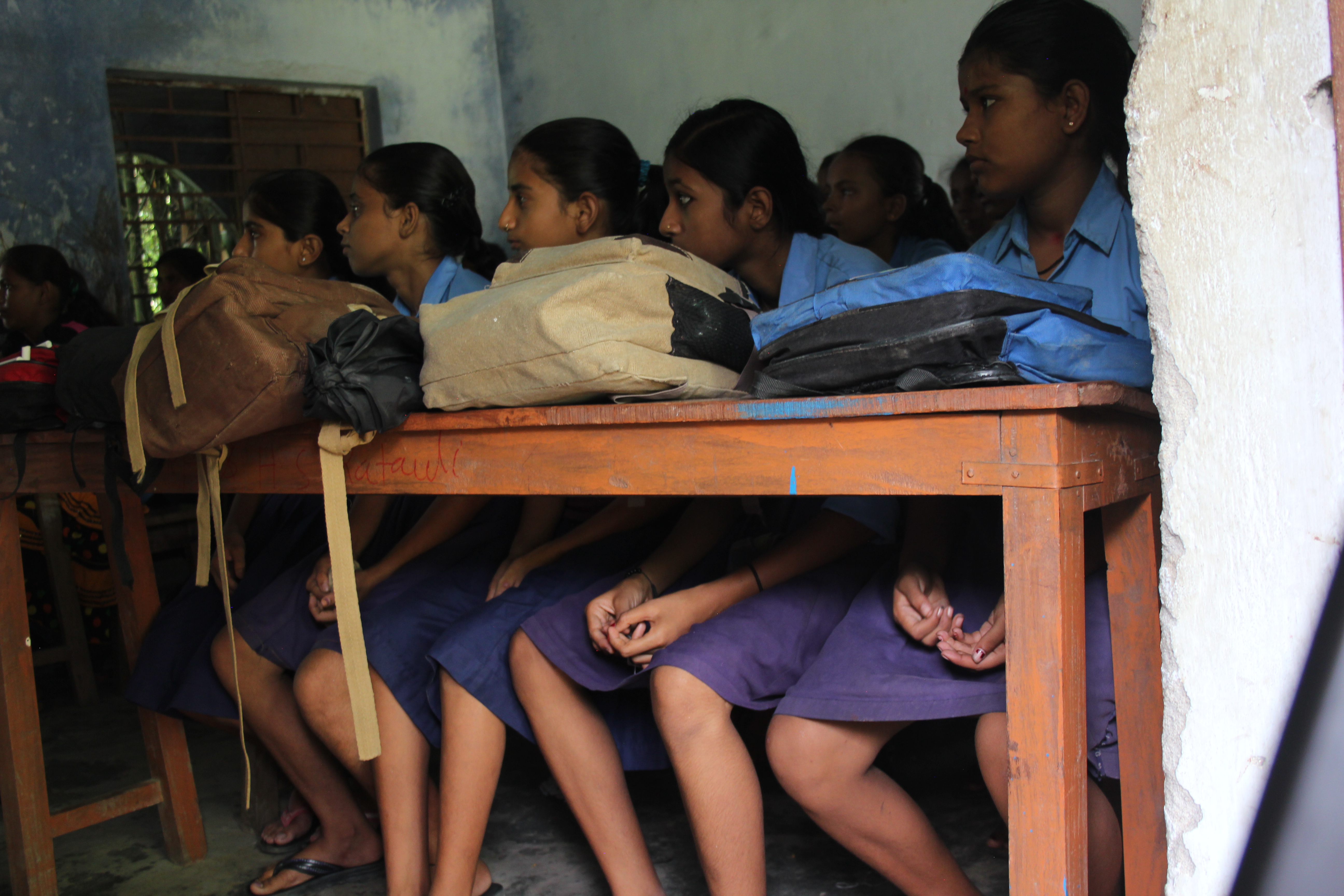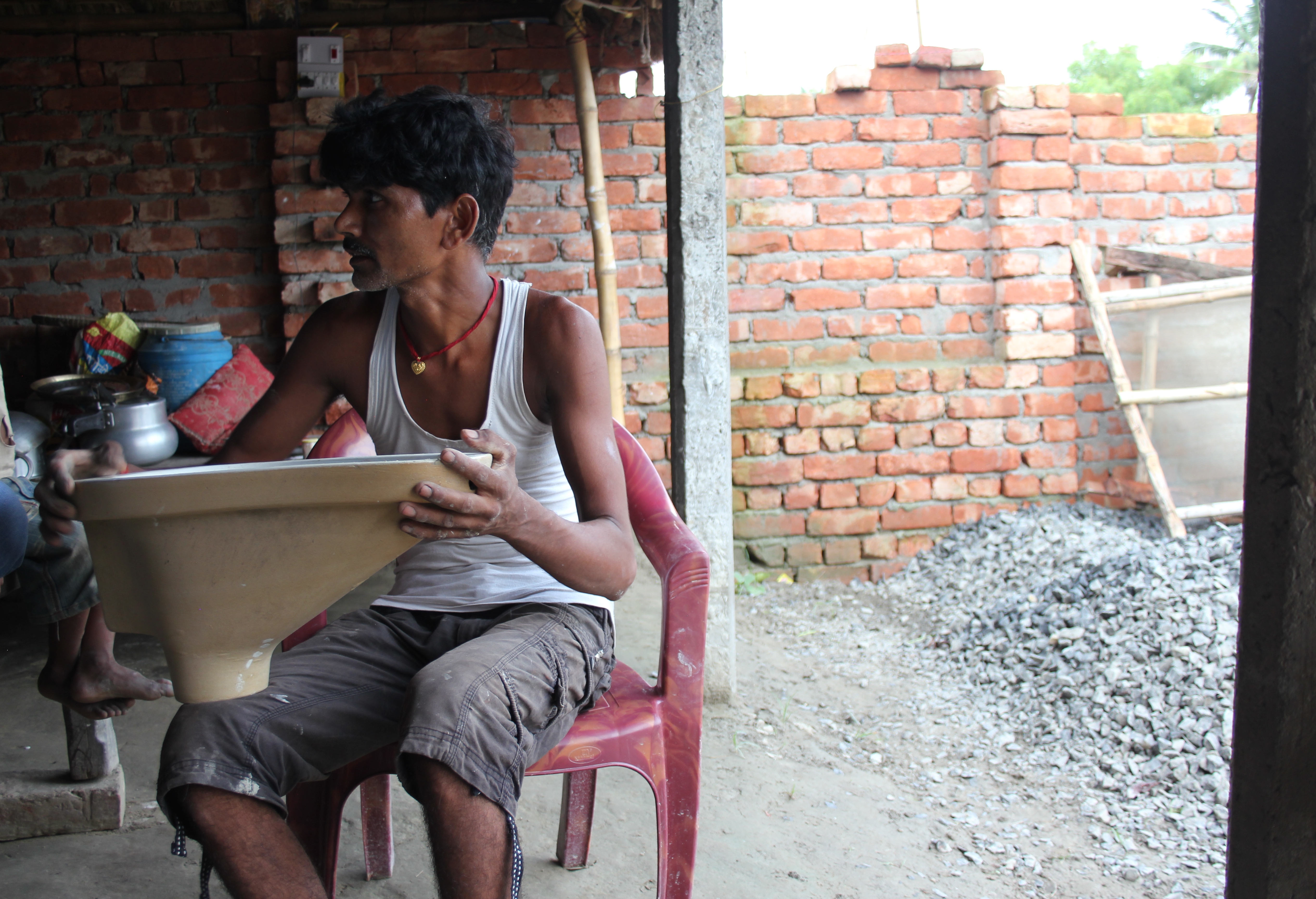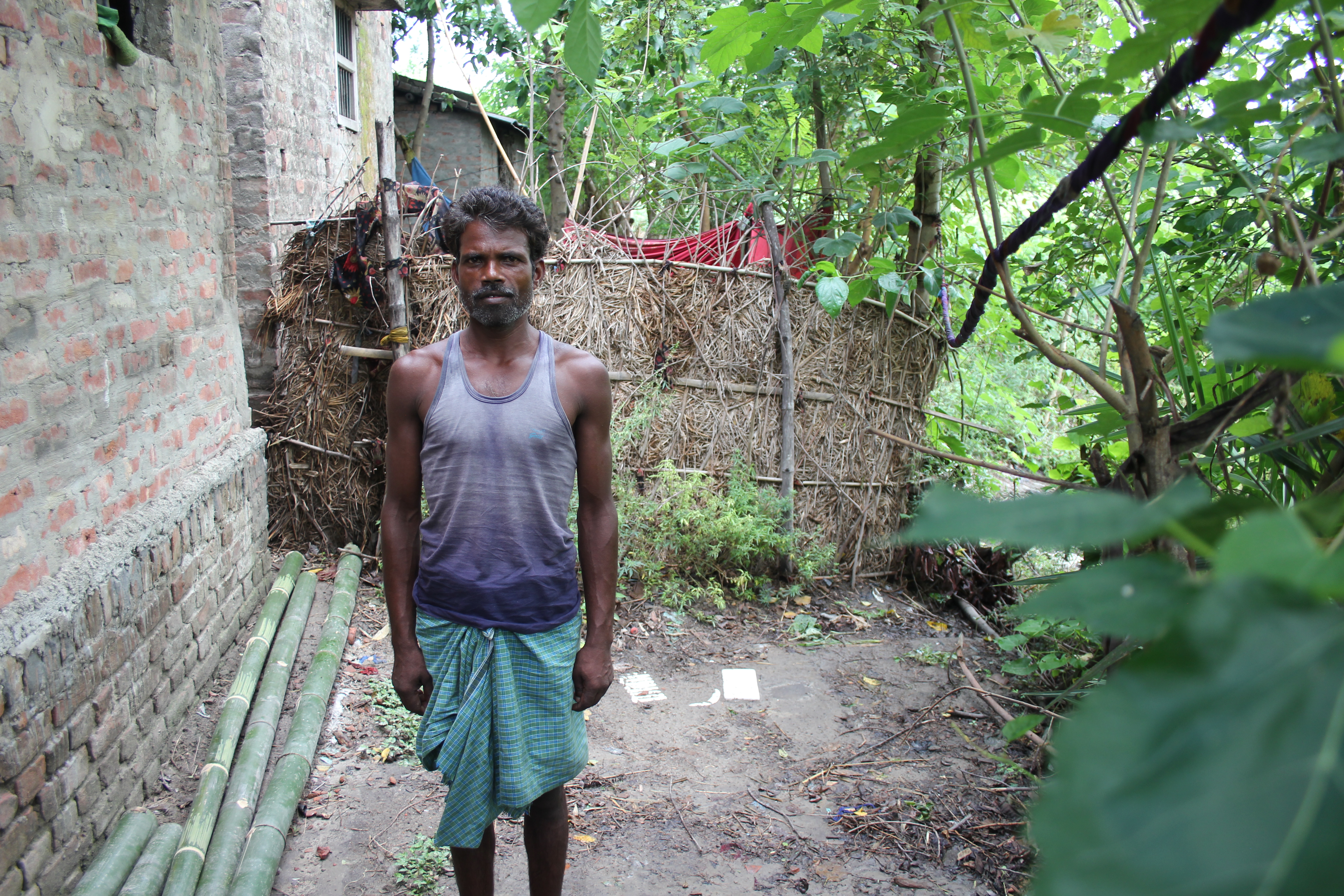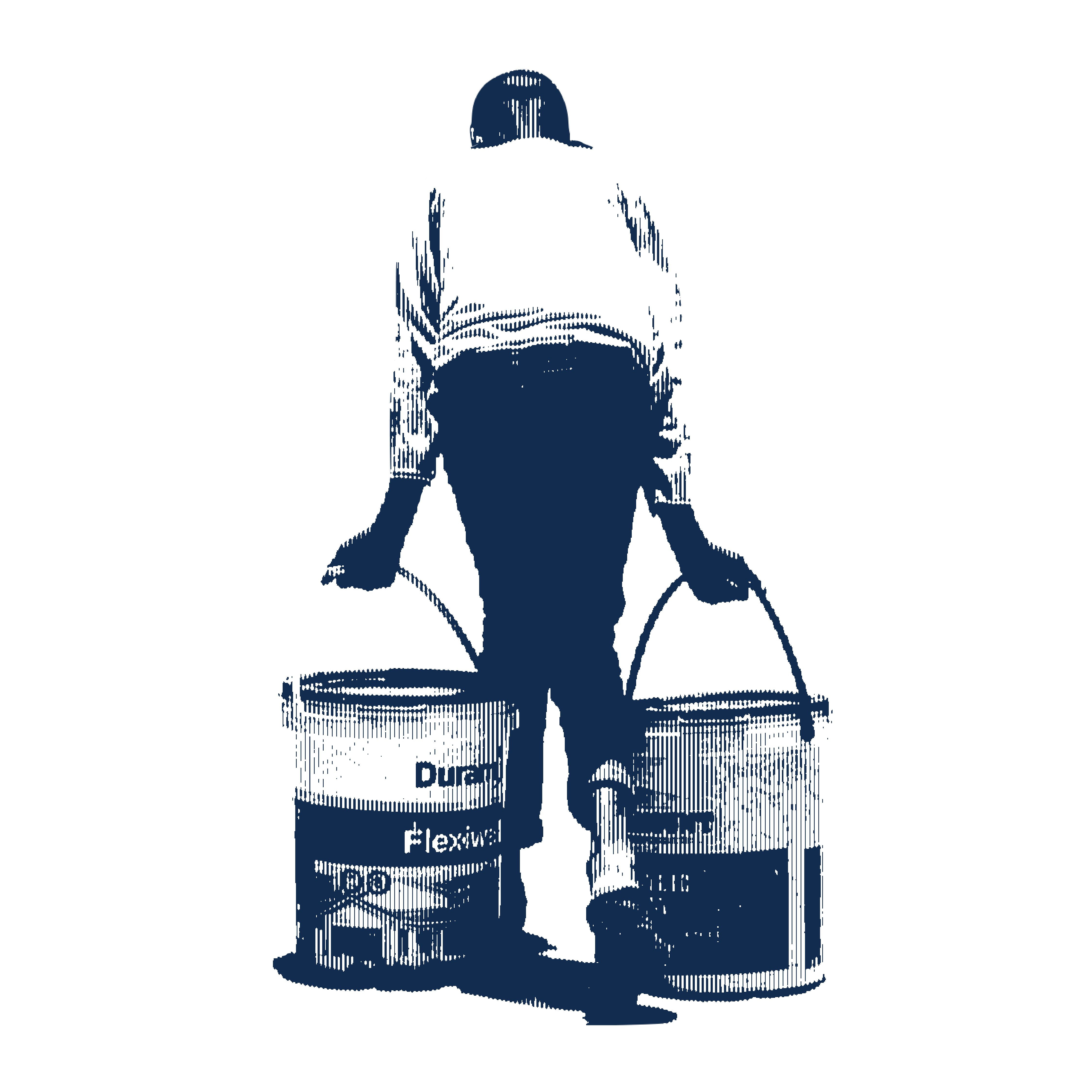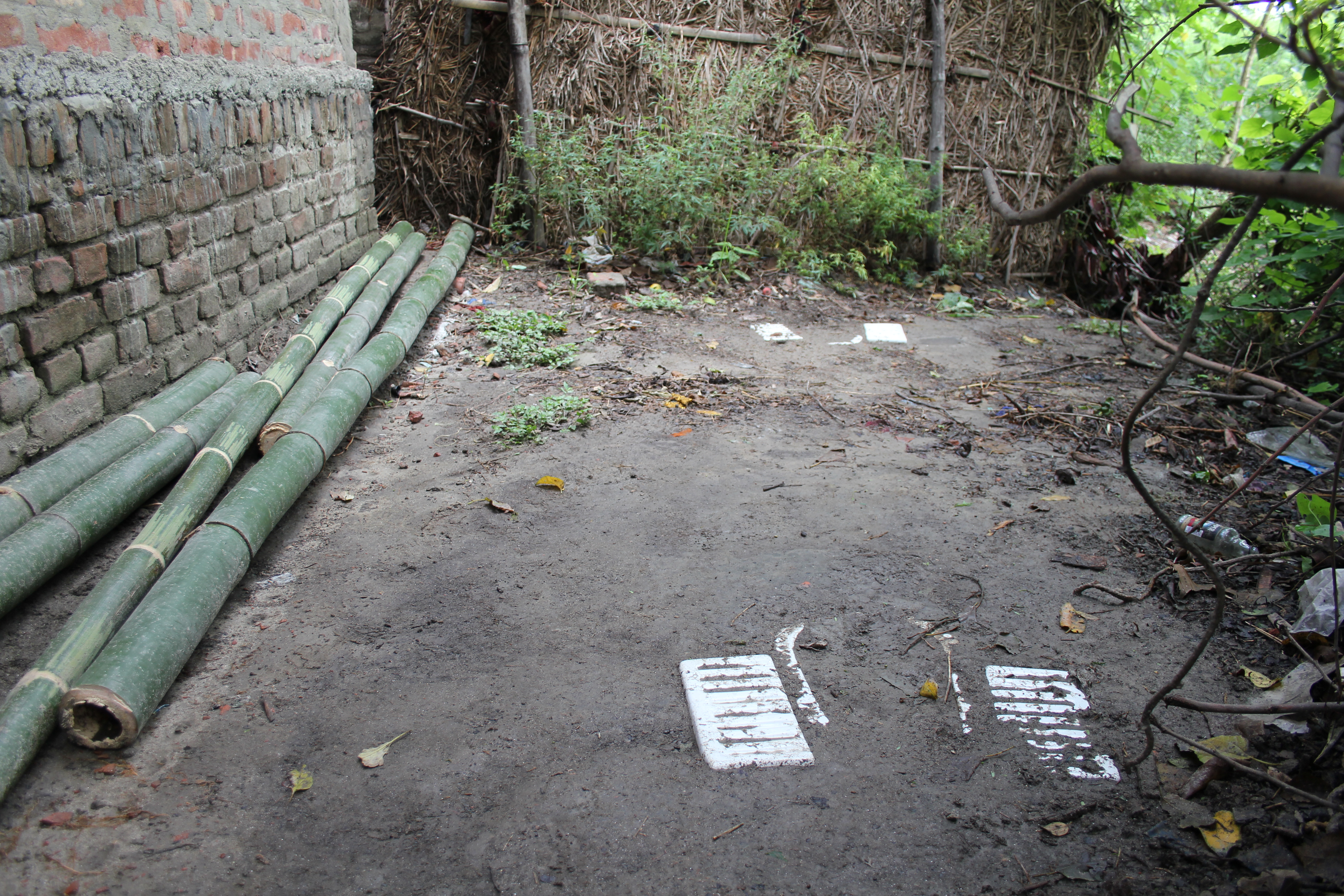
Six hundred million Indians defecate outside every day, straining the health, economy, and social infrastructure of India.
The practice of open defecation is linked to illness, sexual violence against girls and women, spread of parasitic infections and the stunting of children's growth.
Indian Prime Minister Narendra Modi set the goal of eliminating open defecation by 2019 with his "Clean India" campaign, but evidence shows that the problem is more complex than simple access to toilets.
Despite years of work and billions of rupees spent addressing the problem, few interventions have been successful in ending the practice and decreasing its health-related problems on a large scale. On a local level, some community-centered projects have succeeded in increasing toilet use, but their link to improvements in health is unclear.
Reporting from rural Bihar, one of the areas of India hardest hit by poverty, lack of sanitation and widespread open defecation, Pulitzer Center student fellow Ann Schraufnagel explores attitudes towards toilet use and barriers people face in gaining access to toilets at home, work and school.



